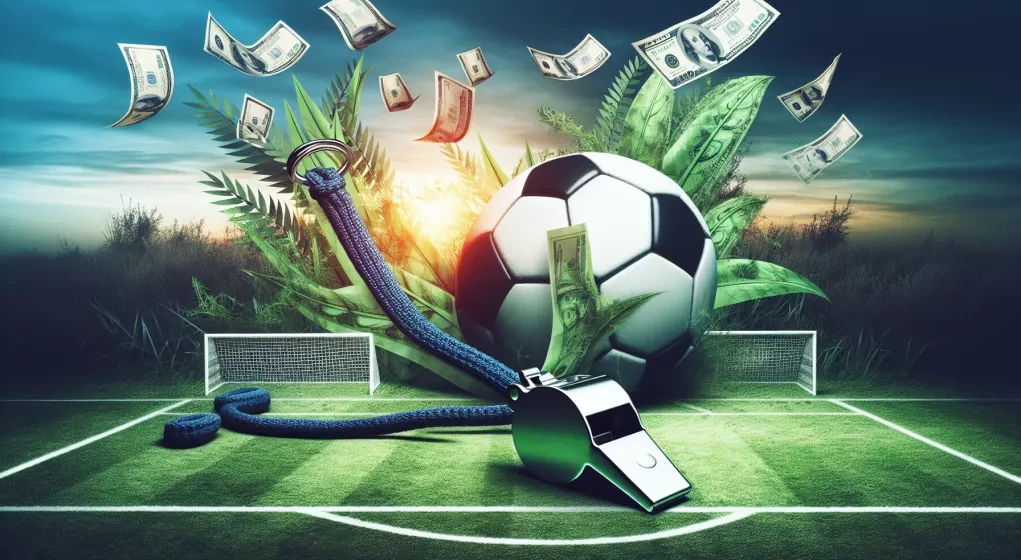Under the ghostly glare of stadium floodlights, the silent empty stands of the Chinese Super League became specters of betrayals during the pandemic’s peak. It was not the lack of fans that spoke volumes, but rather the treachery played out on the pitch where the beautiful game turned ugly. A former player, in whispered tones to The South China Morning Post, unfurled the dark tapestry of corruption that plagued the nation’s football like a persistent shadow.
As if in a grand collusion, coaches and managers trafficked the outcomes of matches with a casual briskness of a marketplace transaction. Stained by this deceit were the players themselves, who gambled against their banners with the certainty that the dice had been loaded against them.
The enormity of this scandal reverberated through the league, leaving in its wake a trail of fallen heroes. The former valor of names like Jin Jingdao, Guo Tianyu, and Gu Chao was erased, as they were barred alongside an extensive assembly consisting of 43 players and officials, marked forever by the indelible ink of a lifetime ban. The contagion of corruption infected some 120 matches, a staggering count encompassing 128 suspects and 41 teams as divulged by the authorities. Even the luminous star from South Korea, Son Jun-ho, found himself eclipsed by the shame of a prohibition.
As if the accusations and bans weren’t damning enough, the specter of coercion hovered over the proceedings. Son Jun-ho, a herald of his nation’s football aspirations, voiced his harrowing narrative of detention and forced confessions, with personal threats knotted tightly around the frayed ends of justice.
Beyond the individuals entangled, these events cast a long and dark shadow over the Chinese national team, raising questions against the backdrop of President Xi Jinping’s ambitious dreams of World Cup glory. Even as investment flooded in, success ebbed away – exemplified in the fresh sting of a 7-0 defeat to Japan, a bitter pill steeped in thoughts of what might have been, if not for the cancerous core of graft.
The player who shrouded his identity in anonymity detailed nuances beyond the headlines. He painted a picture far-removed from professional football – with training sessions morphing into child’s play on truncated pitches whenever the scale of victory was tipped. His acknowledgment that these scripted losses were an open secret among players, who bet on their predetermined downfall, offered a chilling glimpse into a compromised sport.
This story, unornamented and raw, spills out like the confessions of a regretful whistleblower, desperate for the sanctity of sport that now only exists in the realm of nostalgic desires. It serves as a testament, a stark reminder of how deeply the roots of corruption have entwined themselves around the very soul of Chinese soccer.






